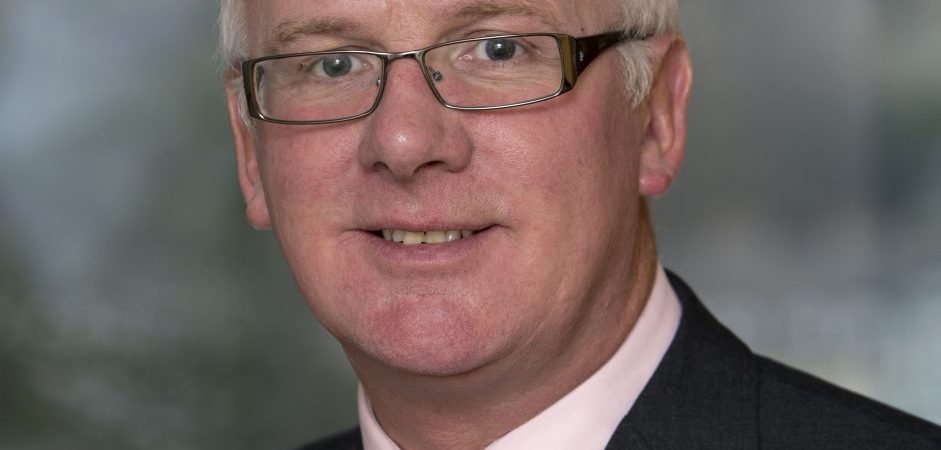
In conversation with Dr Alan Lowdon, Chair, Innovation Board
I recently spent a week in and around Denver, Colorado – the fastest growing metropolitan area in the USA. People are flocking to Greater Denver; its population is projected to rise from 1.8m today to 3m by 2030. It has already risen from 1.2m to 1.8m in the last eight years.
So, why? The answer is simple: ‘more and better jobs’ coupled with a dominant culture of technology, research and innovation, all underpinned by superb academic establishments and National Laboratories.
The Colorado School of Mines chimes with the North East of England, as does the National Renewable Energy Laboratory which enjoyed a 10-year Collaborative Research and Development Agreement with Blyth-based National Renewable Energy Centre (NaREC), now part of the Offshore Renewable Energy Catapult. The Rocky Mountain Institute and the start-up and licensing machine which is the University of Colorado (UoC), Boulder, complement the already buoyant IP commercialisation ecosystem.
For the record, UoC creates between 15 and 20 start-ups per year and enjoys c. $125m in licensing revenues. This places its Boulder-based Technology Transfer Office (TTO) at the helm of a significant strategic business unit and one which will increasingly contribute to the University’s bottom line; it is this realisation which is UoC’s secret. It treats its stable of IP as an asset to be maximised through the application of business processes, practices and networks which support each ‘inventor’ to achieve a commercial return.
In engaging with the TTO, the inventor knows what to expect, gains assurance that best practice is being applied and feels part of an innovation ecosystem which is the heartbeat of the local economy. Is there anything in this approach that the North East of England, in particular, can learn from? Of course there is! Here are three ‘starters for 10’ (in University Challenge parlance):
- We must view our university and ‘Catapult’ assets in the same way that Colorado views its population of universities and National Labs, i.e. as fountains of future IP, job and wealth creation. Unity is the name of the game in Denver, with greater value being created from the whole than from the individual components.
- We have huge potential to up our game on the creation of start-ups/spin-outs if we invest in the fundamental incubation and technology transfer infrastructure. Such strategic business units must be viewed thus and funded to suit. Their profile and kudos also needs to rise in-line with their role as the engines of economic growth.
- ‘Place’ is important. People are flocking to Denver because it provides a very attractive quality of life at an affordable cost, much in the same way that the North East does. However, it is the density of opportunity which is a huge, attractive force. People weigh things up; “…if it doesn’t work out with company X, companies Y and Z look attractive, so on that basis, I’ll give it a go!” Density of opportunity in the Smart Specialisation Areas can be achieved; we need to continue on the exciting journey to create our equivalent.
The visit to Colorado was my fifth in recent years. Chatting to Erin Kuhn of the British Consulate in Denver, links between the UK and Colorado are strengthening year-on-year. For my part, I hope to make some of the key linkages which can help realise my three ‘starters for 10’ to support the continued rise of the North East of England’s innovation ecosystem and I look forward to sharing my progress with you.
